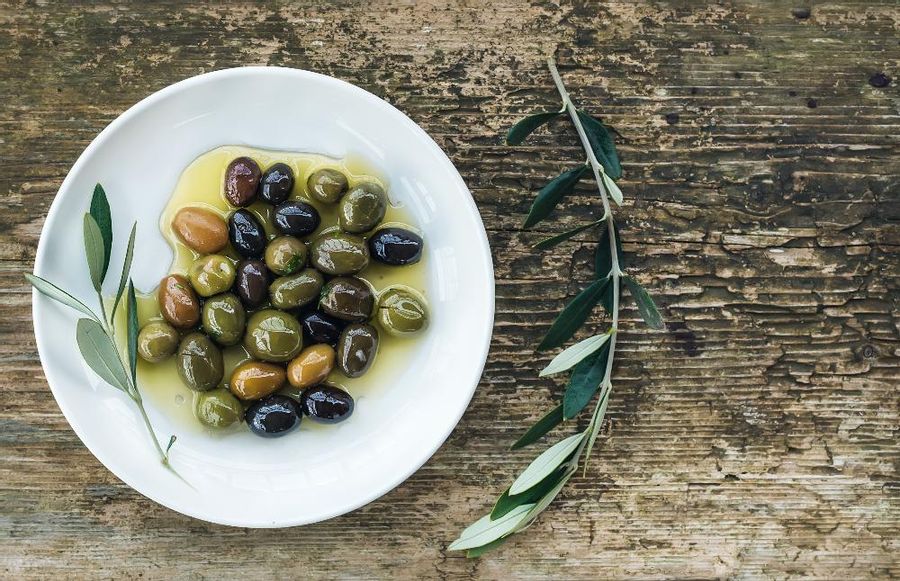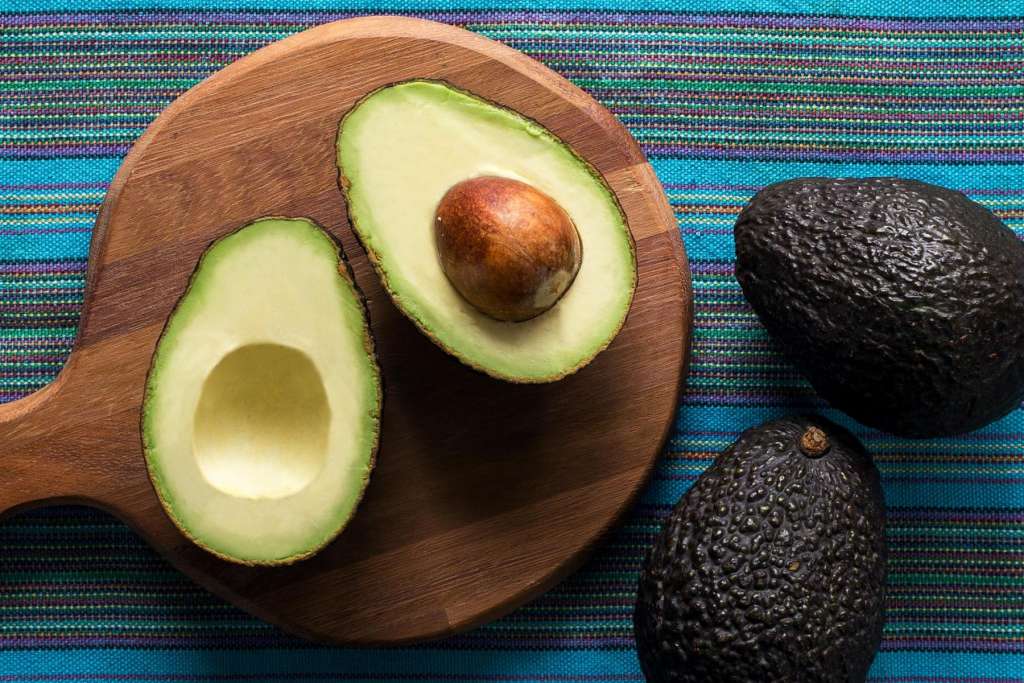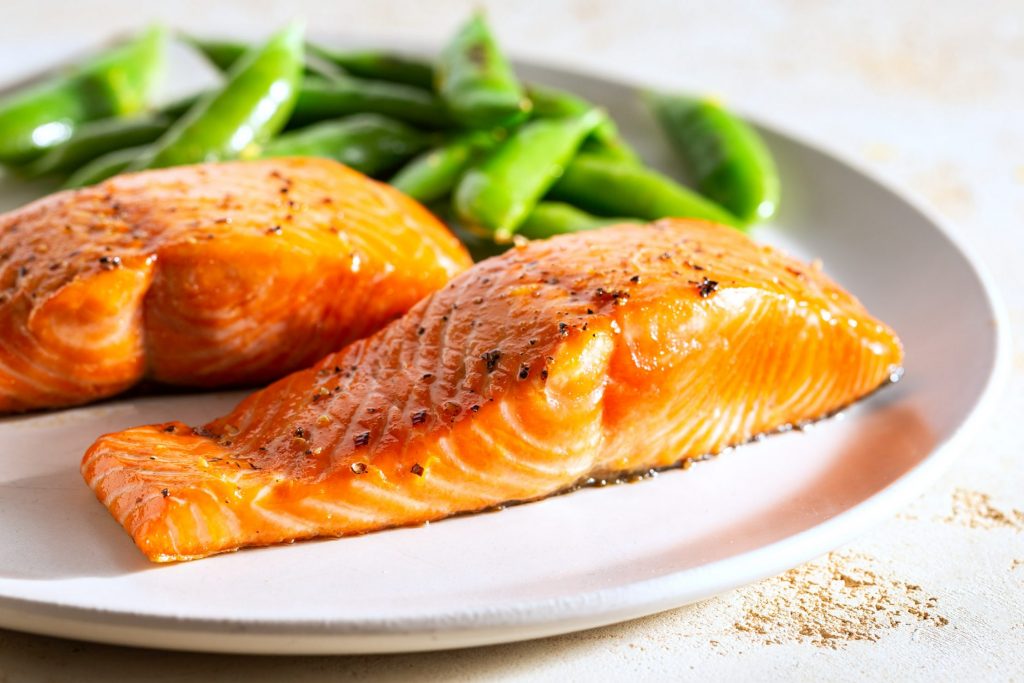Dr. David Katz on the Keys to a Healthy Heart

The statistics on heart disease are staggering. Along with strokes, it’s the leading cause of death worldwide. In the United States, someone dies from a heart attack every 40 seconds, accounting for a third of all deaths nationwide. The costs of this disease top out around $200 billion annually, including the price of health care services, medications, and lost productivity. Even more astounding is that 80 percent of all cases of heart disease are preventable with diet and lifestyle changes. Sun Basket’s Chief Science Adviser Dr. David Katz offers some advice on how a few simple (and delicious) adjustments to your diet can help reduce the risk of heart disease.
Are there foods that can reduce the risk of cardiovascular disease? What about these foods makes them heart-healthy?
In some ways, the best answer to any such question about foods is: none. It’s the overall dietary pattern that matters most. A bit of broccoli in the context of a terrible, unbalanced diet won’t do you much good, superfood though it may be. Eat the occasional donut or cookie in the context of a very high-quality diet, and it will be unlikely to do you much harm.
With that in mind, the answers to what foods are best for protecting our hearts are the usual suspects: whole, minimally processed vegetables, fruits, grains, beans, lentils, nuts, and seeds. We can call out some fish and seafood for particular benefits as well, and leave some room for dark chocolate and wine.
In general, vegetables and fruits provide fiber, which can help lower cholesterol and blood pressure; antioxidants that help protect cells; essential vitamins and minerals that help cells function; and a variety of anti-inflammatory compounds. Nuts and seeds provide fiber, minerals, and good fats that help balance blood lipids, control appetite, and balance hormone levels, notably insulin. Whole grains are rich in fiber that can help lower blood lipids and blood pressure. Beans and lentils are protein-rich and can replace meat, reducing the amount of saturated fat, which raises lipid levels, and inflammation; they’re also rich in fiber, vitamins, minerals, and antioxidants. Fish and seafood can provide anti-inflammatory omega-3 fat, which tends to make platelets less sticky. Dark chocolate is rich in antioxidants, fiber, magnesium, and arginine, which help enhance blood flow. Moderate intake of alcohol, perhaps especially red wine, can raise protective HDL, and make platelets less sticky.
What foods increase the risk of heart disease? Why are they harmful?
Everything not on the list above, for doing all of the opposite things. Highly processed starches and added sugar can increase insulin demands, and increase inflammation. Fatty meats, processed meats, and dairy add saturated fat and can increase lipid levels, and inflammation.
Eggs were once a big no-no due to their cholesterol content. Now it seems as though they are not a concern anymore. What gives?
For one thing, cholesterol in food affects blood lipid levels less than saturated fat. For another, dietary cholesterol levels in the US have trended down, so it’s not that dietary cholesterol is irrelevant, it’s just that most of us are in the “acceptable” zone already. Finally, eggs are overall quite nutrient-rich and satiating, and can readily be swapped for foods that are much worse for the heart, such as a breakfast of donuts, bagels, or toaster pastries. Eggs do not make the short list of foods that are directly “good” for the heart, but recent research suggests that relative to the truly bad actors, they are mostly neutral. So, if you will, a partial eggs-oneration.
We hear a lot about omega-3s. Are supplements worth considering? Are plant-based sources of omega-3 just as effective as those derived from animal sources?
Most of us don’t eat high-quality, sustainably sourced, fatty fish like salmon often enough to get ideal levels of omega-3 from food, so yes, I’m in favor of supplements and take an algae-derived omega-3 supplement daily. The key nutrients—EPA and DHA—that we get from fish like salmon can be derived from far more sustainable algae, and so I think that’s the way to go.
Many of us think of excess fat when we think about heart health, but what role does sugar play?
Obesity is a potent risk factor for heart disease, and sugar can contribute to it in two ways: first, sugar adds empty calories; and second, sugar stimulates appetite, so we tend to eat more overall when foods have been copiously sweetened. In addition, sugar triggers an insulin release, the more sugar, the more insulin, and insulin fosters the accumulation of fat around the belly, where it does the most harm, in part by infiltrating the liver. Insulin also drives up inflammation.
Wine and dark chocolate—healthy or hype?
Healthy, but with important caveats. Alcohol, obviously, has a very narrow therapeutic window. Some is good for the heart, but more is not better. And even very moderate alcohol intake elevates cancer risk, in women at least. So don’t drink alcohol for the health of your heart, drink it moderately and judiciously because you enjoy it. As a bonus, it may do your heart some good.
Dark chocolate has less acute perils attached to it, but also has a narrow therapeutic window. It’s a very high-calorie food and too much can contribute to weight gain, which in turn offsets any potential benefits. So choose 60 percent cocoa or higher, and make sure to enjoy it in reasonable quantities. Most studies suggest that about an ounce will exert benefits such as enhancing blood flow.









